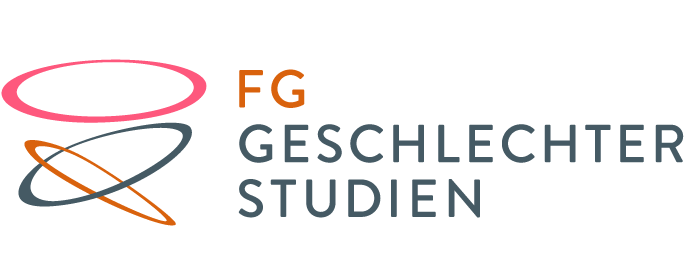Dear all,
we warmly invite you to the international conference New Perspectives on Cultural Heritage and German Global History, jointly organized by Claudia Jarzebowski, BCDSS, and Pia Wiegmink, BCDSS, Susanne Lettow (FU Berlin) and Heike Raphael-Hernandez (University of Würzburg), that takes place on July 6–8, 2022 at the Bonn Center for Dependency and Slavery Studies.
New Perspectives on Cultural Heritage and German Global History
July 6–8, 2022
Bonn Center for Dependency and Slavery Studies
Please register via mail newperspectives@dependency.uni-bonn.de by 1 July 2022.
Contact: Gular Bayramli
The conference will explore questions regarding the heritage of slaveries and other forms of strong asymmetrical dependencies in history such as peonage, indentured servitude, bondage, serfdom in and beyond German global history since the 1450s. For the longest time knowledge production has mainly considered primary sources that often comprise authoritative texts, criminal records, court documents, company archives, and life writings by those who enslaved and exploited men, women, children and who – as merchants of goods and humans – grew rich. Other sources, that is, texts produced by enslaved or bonded people, material remnants, medical and spiritual knowledge, and oral culture as remembered and kept alive in music, dance, and oral literature, were often ignored by Western historiography. Therefore, questions pertaining to the agency and resistance of enslaved and dependent people will be of primary importance. This line of thinking touches upon Walter Johnson’s request, not to ask if, but what kind of agency did enslaved and dependent men, women, and children possess or strive for. Debates on slavery and dependency heritage have increasingly gained attention (and criticism).
These debates have inspired a broad discussion of what cultural heritage means, in particular, which remnants of colonial oppression, aggression, and violence should be considered heritage and hence ‚worth‘ preserving. As Benédicte Savoy, Felwine Sarr and many others have pointed out, this question needs, first and foremost, to be answered by those who have been muted and/or whose demands of restitution, redress, and reparation remained (and still largely remain) unheard ever since European museums amassed cultural goods from African, Asian, and American territories and cultures. What are the repercussions of these debates on German Global History and how do they reframe and reorient research on the heritage and legacies of slavery and dependency in German territories, thought, and culture? German actors were partaking in colonial expansion and enslavement from the very beginning. At present, heritage discussions accelerate especially in the context of the Humboldt Forum and its museal collections.
Further information can be found attached or here: https://www.dependency.uni-bonn.de/en/news/news-bcdss/new-perspectives-on-cultural-heritage-and-german-global-history.
We are looking forward to your participation!



